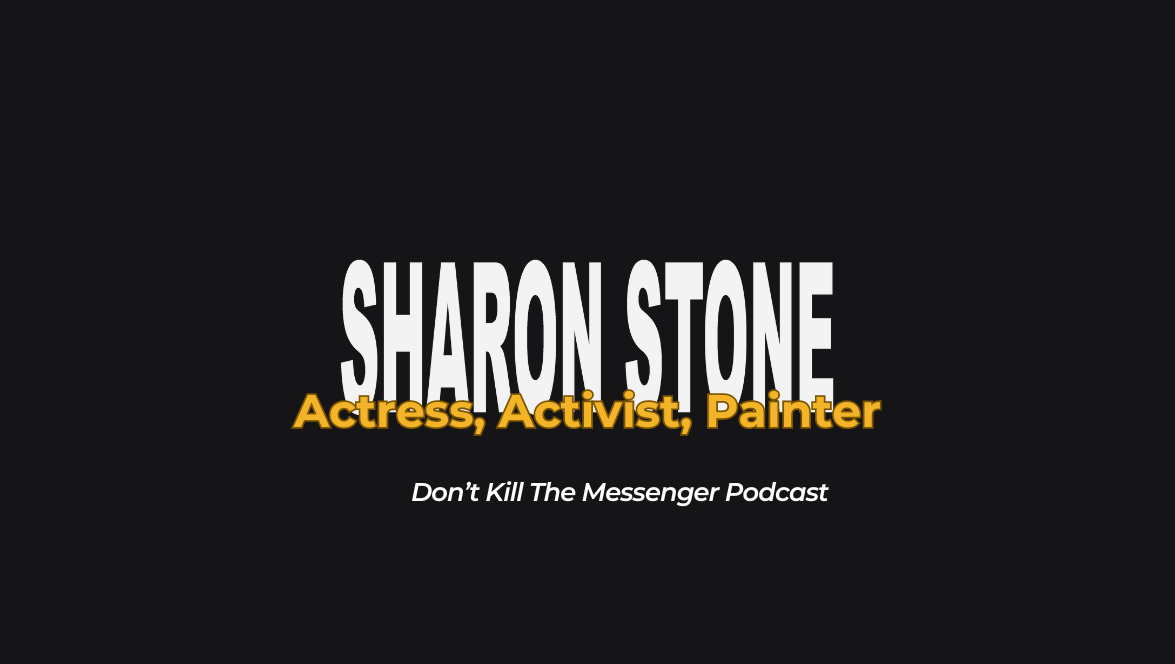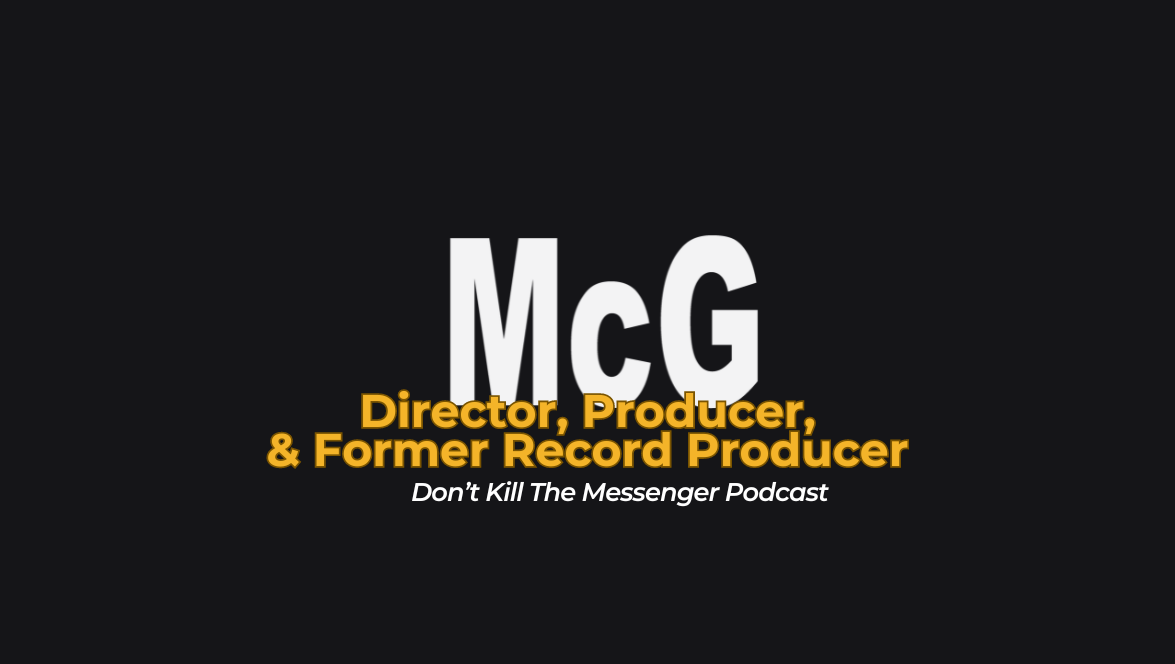Kevin is joined by Mark Gordon, a visionary producer and executive in the entertainment industry, who boasts an impressive array of career highlights. From producing critically acclaimed dramas to commercially successful films, his portfolio is a testament to his creative prowess. Notable highlights include producing groundbreaking television series like Grey’s Anatomy and Criminal Minds, as well as blockbuster movies such as Saving Private Ryan and Speed. With a knack for identifying compelling projects and pushing boundaries, Gordon has solidified his status as a true trailblazer. His exceptional talent and creative vision have been recognized with industry honors including Emmy Awards, BAFTA Awards, PGA Awards, and an Acadamy Award nomination.
Early beginnings and challenges
Mark Gordon talks about his decision to go to film school and focus on producing, despite the fact that film schools were primarily for aspiring directors and writers. Mark Gordon talks about his early struggles in the entertainment industry and how he picked himself up after feeling like a failure.
Kevin Goetz on Mark Gordon:
…you have an innate enthusiasm that is infectious. You imbue this feeling of confidence because you really are passionate and believe in something. I was almost going to ask you what your superpower is, but I think I just answered it.
Swing Kids and the making of Speed
Kevin and Mark talk about the making of the movie Swing Kids, the background of the movie, and the cast. Mark goes on to discuss the development and production of the movie Speed, including how it was almost made at Paramount, the surprising audience test screening, and the unexpected success it had at the box office.
One of the most interesting stories Mark shares is about the making of the movie Speed. After developing the script and doing several drafts at Paramount, the studio decided not to make the movie. However, Mark sold the movie to Fox, and a week later, he received a call from John Goldwyn, the president of production at Paramount, who wanted the movie back. Despite Paramount offering a lot of money to bring it back, Mark felt it was not ethically and morally correct to do so and ended up making the movie at Fox. The movie turned out to be a huge success, grossing about $180 million domestically, which was huge for a movie that cost less than $30 million to make.
Saving Private Ryan and the challenges of screenwriting
Mark discusses how he got involved in producing the movie Saving Private Ryan, including the process of developing the story and pitching it to studios. Mark Gordon and Bob Rodat’s process of developing the script for Saving Private Ryan, including the challenges they faced and the many different variations they went through before arriving at the final draft. Mark had read a script by Bob Rodat, who wrote the screenplay for the movie, and they had several meetings to come up with a story they both liked. Eventually, Bob pitched the story of a soldier trapped behind enemy lines after D-Day, and the army’s mission to save him because he had lost two brothers in the war. Mark shares the story of keeping the involvement of Steven Spielberg a secret from the studio.
Mark Gordon on Saving Private Ryan:
Tom [Hanks] was interested before there was Steven [Spielberg]. So it all kind of happened relatively quickly. Tom spoke to Steven about it. A wonderful young agent, Karen Sage, who was an agent at CAA at the time, brought it up to Steven in a staff meeting with his group, and he decided to do it. And that’s how the movie came together.
Transitioning to television and Grey’s Anatomy
Mark discusses his transition from producing movies to producing television, including his first project with Shonda Rhimes. Mark Gordon talks about his early creative relationship with Shonda Rhimes and his involvement with Grey’s Anatomy, including casting decisions and the editing process. Mark shares his philosophy on producing and how sometimes the best thing a producer can do is get out of the way.
On working with Shonda Rhimes:
I’m going to leave and I’ll come back at the end of the day and show me what you’ve done. And it was unbelievable. I’ve always believed that a producer’s job is to make the best film or television show that you can. And sometimes that means getting out of the way.
Full circle
The conversation then shifts to Mark’s decision to leave Hollywood and move to New York and London to produce theater and Broadway shows. He explains that he sold his company to the Mark Gordon Company and had a five-year contract to run their entire operation, but realized that managing a public company was not what he wanted to do. Kevin and Mark talk about their mutual background and love for New York, and Mark’s current project, The Life of Pi on Broadway.
Tune in to hear Kevin and Mark share valuable lessons in perseverance and creativity and emphasize the importance of getting out of the way and letting the creator’s vision come to life. They also discuss the impact of COVID-19 on the entertainment industry and how Mark has adapted to the new way of doing business.
Don’t Kill the Messenger, hosted by movie and entertainment research expert Kevin Goetz, brings his book Audienceology to life. This bi-monthly podcast takes a peek behind the filmmaking curtain as Kevin talks with famous filmmakers, studio executives, stars, and other creatives about movies, filmmaking, audience test screenings, and much more.
For more information about Mark Gordon:
For more information about Kevin Goetz:
Website: www.KevinGoetz360.com
Audienceology Book: https://www.simonandschuster.com/books/Audience-ology/Kevin-Goetz/9781982186678
Facebook, Twitter, Instagram: @KevinGoetz360
Linked In @Kevin Goetz
Screen Engine/ASI Website: www.ScreenEngineASI.com






